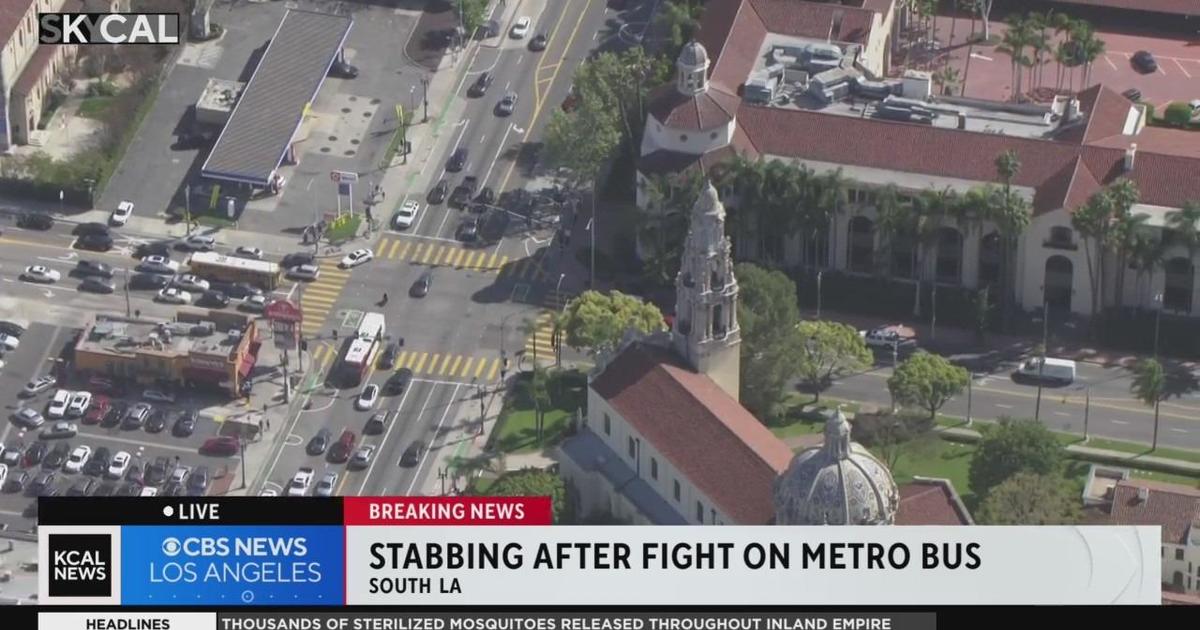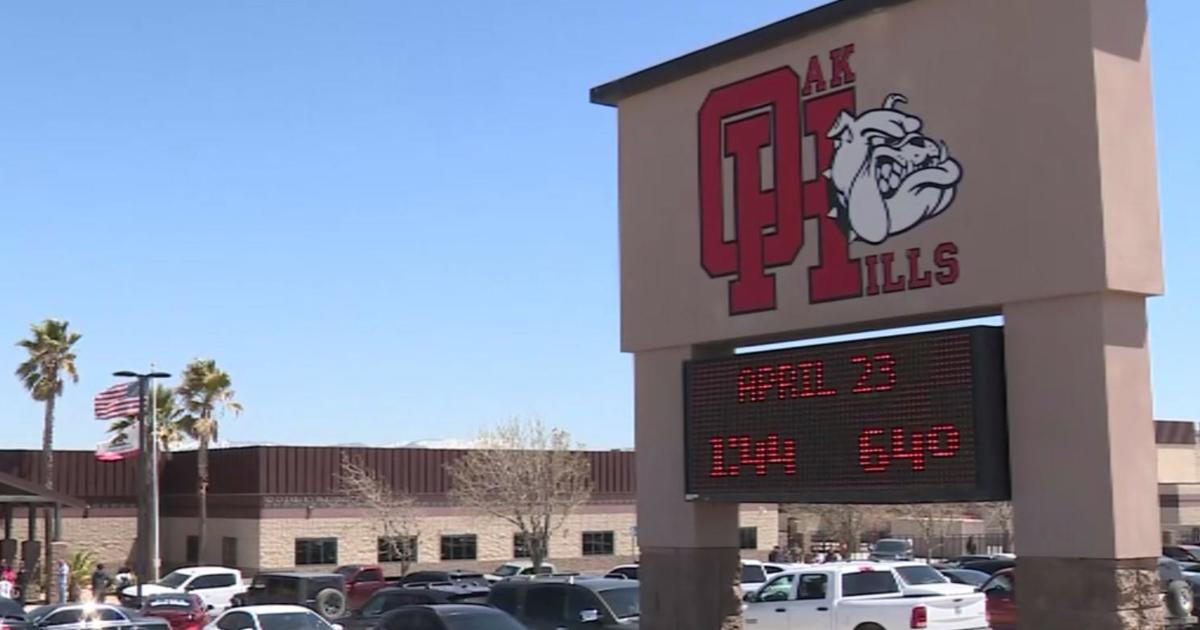LA police commission says officers violated lethal force policy in struggle with man who later died
A teacher who died after a struggle in which he was repeatedly shocked with a Taser by Los Angeles police didn't pose a deadly threat, and two officers who subdued him violated departmental policy on the use of lethal force, the police chief said in a report made public Tuesday.
The 33-page report presented to the city's civilian Board of Police Commissioners said the Jan. 3 arrest of Keenan Darnell Anderson was mishandled because the officers applied force to his windpipe and because the stun gun was used six times.
In the September report, Police Chief Michel Moore also said five officers deviated from tactical training by, among other things, failing to properly search Anderson and failing to quickly put him in a "recovery position" after he had been handcuffed.
In a closed-door session, the police commissioners adopted the chief's findings of "administrative disapproval," opening the way to disciplining some officers.
An email seeking comment from Carl Douglas, an attorney representing Anderson's family, wasn't immediately returned Tuesday night. However, he spoke at the commission meeting before the vote.
"What's clear is Keenan Anderson was never anything more than a passive resistor. What's clear is that a less than lethal weaponry like a Taser, when used in the wrong hands, is indeed lethal," Douglas told the commissioners.
An autopsy report concluded that Anderson's death was caused by an enlarged heart and cocaine use, although it listed the exact manner of his death as undetermined and said it was uncertain how much being restrained and shocked by officers contributed to his "medical decline."
Anderson, 31, was a high school English teacher in Washington, D.C., and a cousin of Black Lives Matter co-founder Patrisse Cullors. He was visiting family members in Los Angeles when he was stopped on suspicion of causing a hit-and-run traffic accident in the Venice area, police said.
An officer found Anderson "running in the middle of the street and exhibiting erratic behavior," according to a police account.
Anderson initially complied with officers as they investigated whether he was under the influence of drugs or alcohol, but then he bolted, leading to a struggle, police said.
At one point, officers pressed on his windpipe and one officer used a stun gun on him six times, according to Moore's report.
"They're trying to George Floyd me," Anderson said during the confrontation.
Anderson screamed for help after he was pinned to the street by officers and repeatedly shocked, according to police body camera footage released by the LAPD.
"They're trying to kill me," Anderson yelled.
After being subdued, Anderson went into cardiac arrest and died at a hospital about four hours later.
His death caused an outcry over the LAPD's use of force and prompted a $100 million wrongful death lawsuit on behalf of his family that contends the use of the Taser contributed to his death.
Before the commission meeting, activists from Black Lives Matter and other groups held a news conference calling for officers to be disciplined.
"We say it's an outrage that we had to wait this long. That of course, when you steal life, it should be out of policy," said Melina Abdullah, co-founder of the Los Angeles chapter of Black Lives Matter. "Of course when you should be disciplined, and of course, police who steal life shouldn't get to keep their jobs."
In his report, the police chief said Officer J. Fuentes used proper force by trying to shock Anderson four times with the Taser because Anderson was resisting violently but using it twice more was "out of policy."
The chief also found that Fuentes and Officer R. Ford violated the LAPD's policy on the use of lethal force by pressing on Anderson's windpipe during the struggle. He said there was no evidence that Anderson posed "an imminent deadly threat."
"We strongly disagree with these politically influenced findings," said a statement Tuesday night from the Los Angeles Police Protective League, the union that usually represents rank-and-file officers.
"Each responding officer acted responsibly in dealing with Mr. Anderson, who was high on cocaine and ran into traffic after fleeing a car accident he caused," the statement said. "Mr. Anderson and Mr. Anderson alone was responsible for what occurred."



